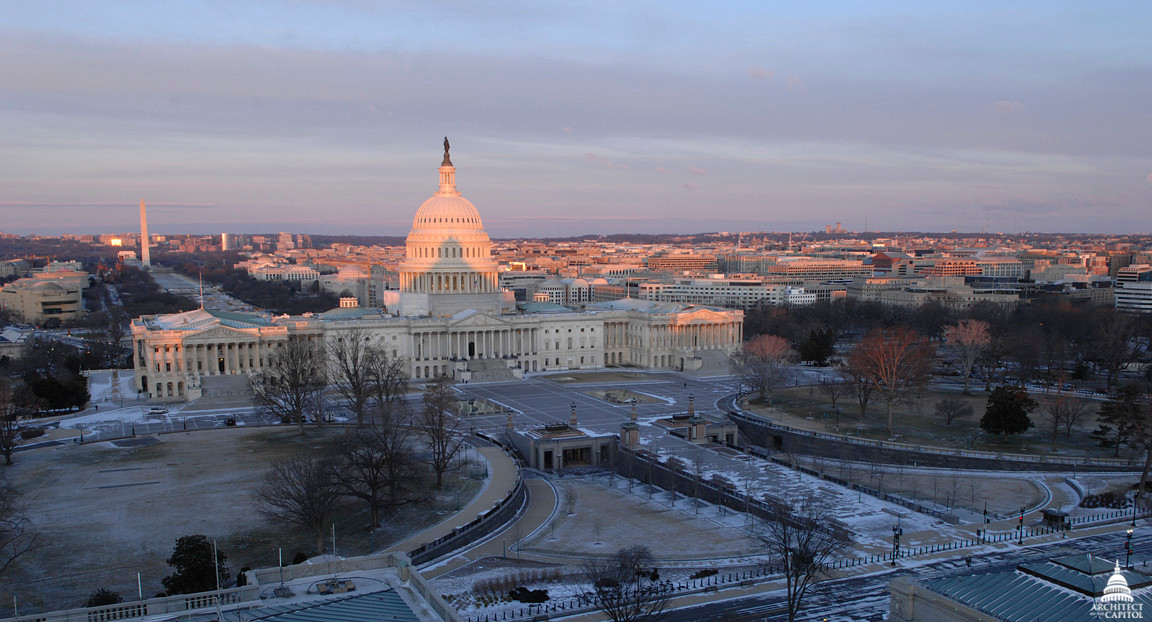House Satellite Bill Includes Some Retrans Reforms

The smarter way to stay on top of broadcasting and cable industry. Sign up below
You are now subscribed
Your newsletter sign-up was successful
Yet another version of STELAR is in the pipeline, this one from the House Communications Subcommittee. Unlike a Senate version being marked up Wednesday (Nov. 13), the House version is not just a straight renewal.
STELAR is the compulsory satellite license law that allows DirecTV and Dish to import distant network signals into markets that don't have a local version. It also mandates good faith retransmission consent negotiations between broadcasters and MVPDs, satellite and cable and telco. It expires at the end of the year unless renewed.
Related: Stars Collide over STELAR
Subcommittee chairman Mike Doyle (D-Pa.) has proposed H.R. 5035, the Television Viewer Protection Act (TVPA). The bill not only renews the compulsory license, but expands the good faith provision to allow Smaller MVPDs to collectively bargain.
ACA Connects has been pushing for that recognition for years. The National Cable Television Cooperative collectively represents "hundreds" of smaller operators in programming negotiations, including broadcast stations, but is not currently covered by the FCC's requirement that those negotiations be conducted in good faith, as they must be with individual MVPDs.
It also would require MVPDs and ISPS, fixed and mobile, to include all charges in their advertised prices, and require "greater transparency in electronic bills" and "remedies to consumers for certain increases in charges."
Doyle has scheduled a markup on that bill Nov. 14 (markups are business meetings at which bills are debated, amended if need be, and frequently voted on), along with a host of bills on broadband data collection, 5G network security and spectrum sharing.
The smarter way to stay on top of broadcasting and cable industry. Sign up below
Teed up for possible amendments and a vote out of the subcommittee, in addition to TVPA, are:
H.R. 4229, the Broadband Deployment Accuracy and Technological Availability Act or the Broadband DATA Act, which requires the FCC to put out new rules on collecting more granular broadband availability data and verify its accuracy, something the FCC is already in the process of doing under pressure from Congress and others.
H.R. 4227, the Mapping Accuracy Promotion Services Act (MAPS Act), which would make it illegal for carriers to submit inaccurate data on broadband availability.
H.R. 5000, the Studying How to Harness Airwave Resources Efficiently Act of 2019 (SHARE Act), which requires the National Telecommunications & Information Administration, which oversees federal spectrum, to consult with the FCC on a spectrum-sharing program and test bed.
Related: Sen. Wyden Pushes FCC to Secure 5G Nets
H.R. 4998, the Secure and Trusted Communications Networks Act of 2019, which requires the FCC to create and maintain a list of "communications equipment and services that pose an unacceptable risk to national security and prohibits the use of funds made available by FCC programs to purchase, rent, lease, or otherwise obtain such equipment and services." It also creates a program for helping smaller providers pay for removing and replacing suspect tech and services from their networks.
H.R. 4461, the Network Security Information Sharing Act of 2019, which would direct the Secretary of Homeland Security, along with the Director of National Intelligence (DNI), the Director of the Federal Bureau of Investigation, NTIA, and FCC, to create a program for sharing supply chain security risk information with communications service providers and suppliers.
H.R. 2881, the Secure 5G and Beyond Act of 2019, which would direct the President to develop a "Secure Next Generation Mobile Communications Strategy” in consultation with the heads of FCC, NTIA, and Department of Homeland Security, as well as the DNI and Secretary of Defense."
H.R. 4500, the Promoting United States Wireless Leadership Act of 2019, which directs NTIA to "encourage participation by trusted American companies and other stakeholders in standards-setting bodies, and to offer technical assistance to stakeholders that do elect to participate, in the course of developing standards for 5G networks and future generations of communications networks."
H. Res. 575, "expressing the sense of the House of Representatives that all stakeholders in the deployment of 5G communications infrastructure should carefully consider and adhere to the recommendations adopted at the Prague 5G security conferences known as "the Prague Proposals."
Contributing editor John Eggerton has been an editor and/or writer on media regulation, legislation and policy for over four decades, including covering the FCC, FTC, Congress, the major media trade associations, and the federal courts. In addition to Multichannel News and Broadcasting + Cable, his work has appeared in Radio World, TV Technology, TV Fax, This Week in Consumer Electronics, Variety and the Encyclopedia Britannica.

